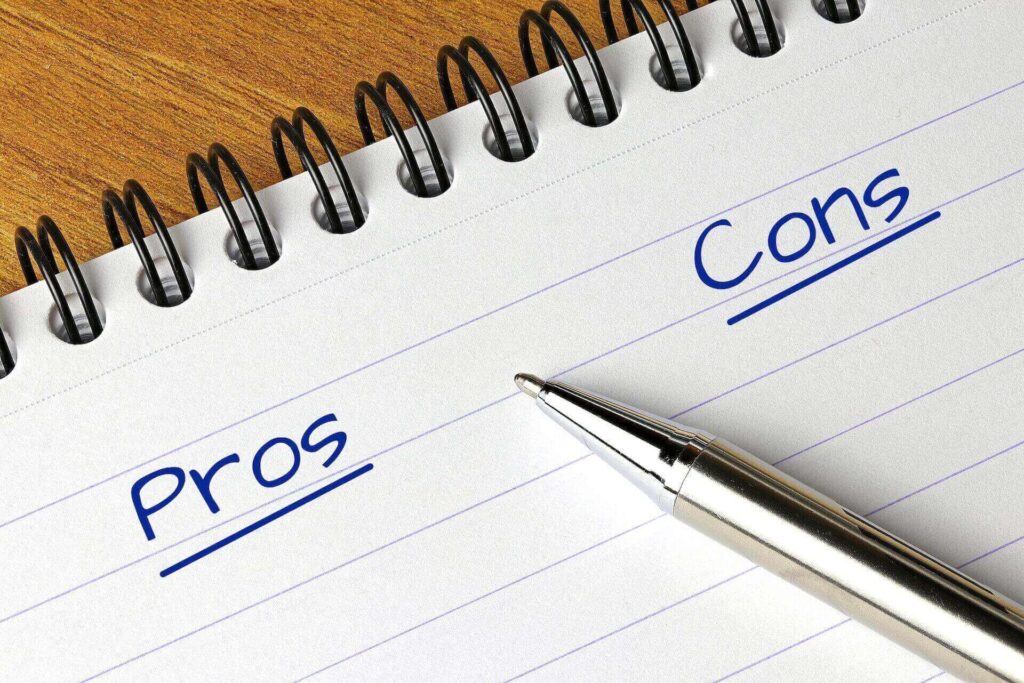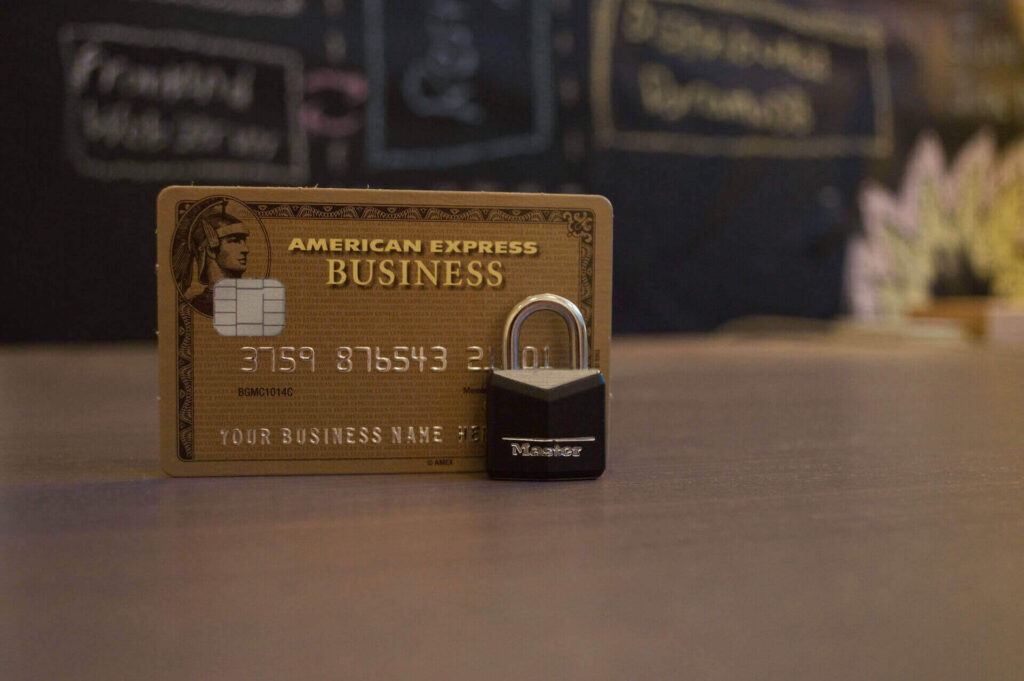Moving away from home is a milestone and a moment when you get your full independence. The problem is that you’re getting it all at once and it might be more than you can handle. That means you will need a good moving out for the first time budget since you will have to pay your own bills, earn your own salary, and manage your own finances.
Sure, relocating is difficult, especially if you’re moving internationally. But don’t start thinking that moving is traumatic – you just have to get organized. All you need is a good moving-out-for-the-first-time list that includes budgeting in order to have an efficient move. That’s why we are here to lend you a hand and help you with our budgeting tips.
What Should You Consider When Moving Out of State?
Regardless of whether you’re moving overseas or to the next-door neighbor country, relocating abroad is a big transition. Not an easy one as well. Things can get really messy, really fast. That’s why you have to think about everything – all the pros and cons. Are you emotionally ready? Are you financially in a good place? Sure, there are countless benefits of relocating, but there are also some downsides. The biggest drawback that comes to mind is that it is really expensive. And before you start scrolling through Pinterest looking for cute decorating ideas, ask yourself if you can really afford to live in another country at the moment.

How Much Should You Save Before Moving Out?
It could be really easy to get tied up with your newfound freedom and start romanticizing your move, but you have to get serious and realize some truths. Relocating is stressful, it requires a lot of patience, energy, and money. Parents usually skip talking to you about this part because if you knew the truth, they would probably end up taking care of you forever. On a more serious note, you need financial stability in order to move out for the first time, especially if relocation abroad is on the table.
That means you should have enough cash saved up to be ready to move. Keep in mind relocating can cost anywhere between $1,000 and $15,000 dollars. If your parents have agreed to keep financing you, great. You have less to worry about. For those who aren’t as lucky, you have to have your affairs in order.
- Have a Steady Paycheck
Before we start discussing which suitcase you should take, we have to make sure you have a steady source of active income. In so many words, you have to have a job. If you don’t, you won’t be able to create a moving-out-on-your-own-for-the-first-time budget, and your move won’t happen anytime soon. So find one as soon as possible. The $17 you have sitting in your bank account is just not going to cut it. Get serious and get a job. And not only do you need a current job, but you also have to figure out how to find a job abroad. Of course, if your reason to move is a job, you won’t have to worry about this.
- Get Out of Debt
Debt just means you will get to your goal slower. Create a debt repayment plan, and once you are back on your feet, you can continue planning out your relocation.
- Have an Emergency Fund
Having savings for the move doesn’t mean that your bank accounts should be at zero balance afterward. Life is unpredictable, things could go wrong. Planning is important, but you can never plan everything out perfectly in life. That’s why having a safety net is important. A solid emergency fund should have an equivalent of a few months’ worth of living expenses. Ideally, you would have saved up enough to last you six months.
Guaranteed prices for International Moving. No hidden fees or surprises!
Having A Moving Out for the First Time Budget Is a Must
Just like having a moving binder is crucial to organizing any successful move, a budget is crucial to organizing your finances. It’s one of the relocation essentials that make your life easier. Having a financial plan will help you avoid paying unexpected costs. Planning ahead allows you to make informed decisions with a cool head. Rushing through everything is the most common reason people make relocation mistakes. A good budget has you covered when it comes to relocation costs, but also post-move costs. Follow our relocating tips, and you will be budgeting like a pro.

Find the Right Apartment That Won’t Break the Bank
The number one thing on your to-do list is to find the right apartment for you. Decide where to live, figure out how much you are willing to spend on rent, and start home hunting. Keep in mind rent is much higher if you’re relocating to a big city like New York. First homes are notorious for being a bit smaller. If you want more space, we suggest rethinking your location. Find a city that offers more space for the same cost of the rent.

Find Roommates By Looking Through Apartment Posts and Save Money
A great relocation hack to save money on rent is to find roommates. Rent is one of the highest post-move costs you have to deal with. So why not divide the heavy load and meet new friends? Look through websites and apartment posts that are looking for a roommate, or post online that you are in search of one. Even if it’s a last-minute move, you can always find someone, just be sure to stay safe and check out your future roommates.
Get Renter’s Insurance Before Moving
We know you’re already getting tired of listening about bills and expenses, but don’t think about this as just another bill. Renter’s insurance is a necessity. Don’t get too confident thinking you don’t need it or want it. You have to protect yourself, your property, and your belongings from any unforeseen accidents. Don’t sign a lease without getting insurance first. It costs roughly around $20 a month, and it’s worth every penny knowing you have a sense of security.
Hire International Movers
The biggest hit your budget will encounter will be when you get the billing from international moving services. Hiring an international moving company is not cheap, but it’s money well spent. It gets rid of a lot of relocation stress. Since you’re not an expert at relocating yet, be cautious of relocating scams. Check the company’s license and credentials. Feel free to ask movers questions about anything you’re unsure about, such as what items movers won’t move. Your international mover will be happy to answer any questions you may have. Also, there are ways you can save when it comes to the relocation process, like:
- Save on packing – Pack without paying for packing service and find free boxes
- Move during winter and on a weekday – Winter is the best time of year to move, it will be cheaper than in summer. Also, avoid weekends and holidays.
- Declutter – Whether you’re hiring someone or doing it by yourself, having less stuff means it will be cheaper. Figure out what to keep when relocating and get rid of unnecessary items.
Don’t Forget About Post-Move Expenses
Your relocation budget should also include post-move expenses. Besides your monthly living expenses, such as rent, groceries, and bills, those include all of your extra lifestyle expenses. When you were living with your parents, your salary could go a long way because you didn’t have to think about monthly bills. That’s why you could afford constantly eating out and buying your morning coffee every day.
Now that you’re on your own, you have to figure out how to budget your income. We recommend the following rule – 50% of your income on essentials, 30% on the things you want, and 20% on savings. Learn how to cut corners and save money. There are many ways you can have money saved without being frugal or even noticing it. Even learning how to cook a few basic meals will prevent you from paying a small fortune since you won’t be eating out or ordering every meal.

Don’t Stress Over Decorating
The biggest post-move expense is furnishing your new home. We know you have the exact picture of your dream home in your mind, but it doesn’t have to happen right away. Fully furnishing an apartment is expensive, so you can take it easy and add new furniture as you can afford it. Repurpose old furniture, or buy it at second-hand stores. You don’t have to get all the new stuff. Start with the basics for everyday life and add more later. If you want some ideas on how to repurpose old furniture, watch this video.
Time Is Money
Only once you start spending your own monthly income will you realize that the saying is quite literal. Good time management will prevent you from paying a lot of unnecessary bills. If you ever got annoyed because your parents would start the washer or dryer late at night, when you start taking care of a household, you will understand. Energy is cheaper at later hours. The cost of your utility bill depends on the moment of use. So save energy, it will be cheaper. Turn off the lights, and wash your clothes at night. Small changes will create a big difference.
And while we’re on the topic of utilities, consider this a friendly reminder to set them up. Do some research and call providers to set up basic utilities like electricity, water, gas, internet, cable, phone, and so on. Be sure to set them up based on your relocating date. Good timing could spare you from paying another month’s worth of utility bills.

Pay Your Bills On Time
Until you start living on your own, you can’t even imagine how many expenses there are. Did you know that you have to pay for water? And electricity? There are so many hidden costs for one household you will probably be lost for a few months. But having a chart, schedule, or reminders of some kind will help you stay on top of things. No matter who you notify you’re relocating, no one will come and pay for your bills – you have to do it on your own. Be responsible, don’t have trash piling up in front of your door because you forgot to pay for the garbage pick-up.
Good Budgeting Means Not Using Credit
If you’re the type of person that isn’t that great with their salary and spends it as they get it, a credit card might not be the smartest option for you. When you’re young, you don’t have enough experience with money. Having a credit card can lead you into debt that you will end up paying for the next couple of years. You could do some serious damage to your credit score. Debit cards and cash are much safer options, so use them. But having one credit card to use for emergencies is alright if you don’t abuse it.

Be Responsible and Enjoy Being a Grown Up
There are a lot of responsibilities you need to think about when living on your own. But don’t feel like it’s all work, no play. Living alone with total independence and freedom will shape you and help you grow as a person. There is no reason to be nervous, it’s okay even if you make a mistake or two. Follow your plan, stay organized, and everything will work out.
